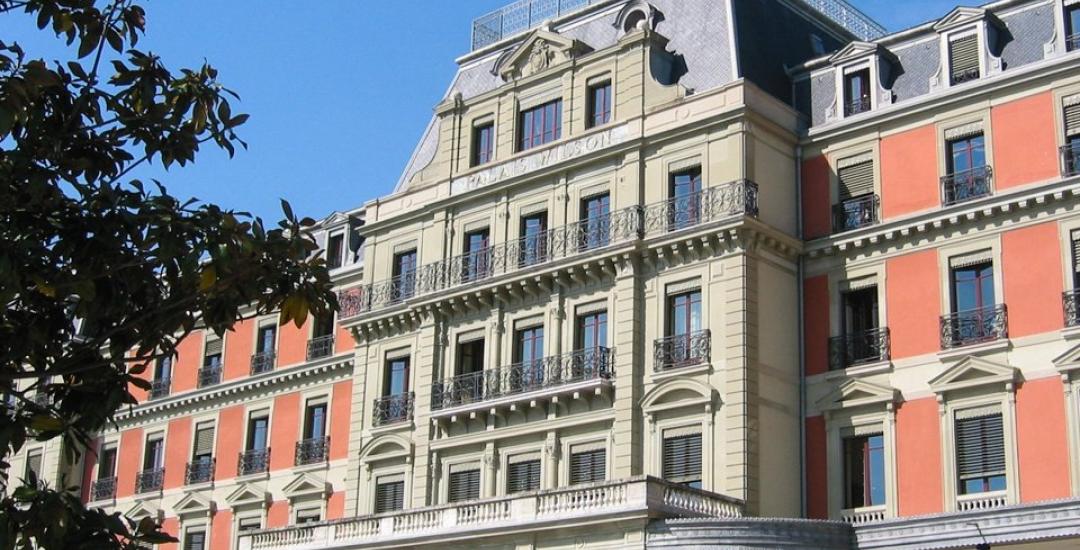
On 21 April 2023, Alkarama submitted its contribution to the draft general comment of the Subcommittee on Prevention of Torture (SPT) on Article 4 of the Optional Protocol to the Convention against Torture (OPCAT). This article obliges State parties to allow their National Preventive Mechanism (NPM) and the SPT to visit places of deprivation of liberty “with a view to strengthening, if necessary, the protection of these persons against torture and other cruel, inhuman or degrading treatment or punishment”.
The SPT is currently developing its interpretation of the obligations of States parties under this article and, in particular, the need for unrestricted access to places of deprivation of liberty in order to prevent torture.
Alkarama has presented its analysis of the main challenges to be discussed in this context. The analysis draws on practical observations made by Alkarama while carrying out its work in several countries in the Middle East and North Africa region that are States Parties to the OPCAT.
The importance of General comments in the implementation of treaty obligations by state parties
General Comments are often adopted by treaty bodies to clarify the scope of States parties' obligations in relation to specific treaty provisions and to suggest approaches to their implementation. They are essential documents in Alkarama's litigation, as they provide much-needed clarification of what is expected of States that choose to accede to human rights treaties, such as the Convention against Torture and its Optional Protocols.
When committees or subcommittees intend to produce such a guidance document, they often invite privileged partners and stakeholders to comment on important issues that should be raised and clarified by the experts in the final document.
Alkarama's concerns about access to places of deprivation of liberty under the Protocol
In its submission, Alkarama recalled that the obligation of States parties to provide access to places of deprivation of liberty must be fulfilled in such a way as to strengthen the protection of persons deprived of their liberty. Therefore, Alkarama stressed that the failure of States to ensure that their NPMs are sufficiently funded and able to carry out their mandate independently is a major obstacle to ensuring effective visits to places of deprivation of liberty.
An example of this practice is Lebanon’s failure to operationalise its National Preventive Mechanism (NPM) established by a 2016 Law due to a lack of effective means. In the meantime, detainees are left to submit their complains about acts of torture or ill-treatment to the same authorities that carried out or allowed such acts to initially happen. In this situation, effective remedy becomes nothing more than an illusion.
In addition, Alkarama expressed concern about State practices that tend to restrict the access of their NPMs or the SPT to places of deprivation of liberty. Such restrictive practices can take several forms, such as denying access to certain places of deprivation of liberty that are not considered "official", or imposing restrictions on the basis of "national security".
In practice, some NPMs have encountered difficulties or restrictions in carrying out visits to certain places of deprivation of liberty. These obstacles can be found either in the founding text of the NPM or in the behaviour of certain state or non-state organs.
For example, Tunisia’s Organic Law n° 2013-43 of 21 October 2013, relating to the national authority for the prevention of torture provides in its article 2 a list of places considered as a “place of detention” which excludes military-held places of deprivation of liberty.
Furthermore, the Committee against Torture raised with concern in its latest concluding observations on Tunisia, that the National Authority for the Prevention of Torture have been denied access to the Gorjani judicial police facility near Tunis, in which terrorism suspects are usually held, “on the grounds that it is not a place of deprivation of liberty”.
Furthermore, Alkarama highlighted the use of 'national security' and 'public order' to prevent access to places of detention by NPMs in several countries. In the laws establishing their respective NPMs, both Morocco and Tunisia introduced articles allowing the detaining authorities to object at their discretion to a regular or unexpected visit by their NPMs to a particular place, on vaguely worded grounds of 'national security', without providing for any form of judicial remedy.
What is next?
The adoption of the final General Comment is often preceded by a discussion in which the main issues are raised and debated. Alkarama will participate in the general discussion on the draft, which is scheduled for the 50th session of the SPT in June 2023.
With its participation, Alkarama hopes to shed light on some of the practical issues that may arise for both the Subcommittee and National Preventive Mechanisms (NPMs) when carrying out periodic visits under Article 4 of the Protocol.
